Root Canal Therapy
What Is a Root Canal?
A root canal is one of the most common dental procedures performed, with well over 14 million completed every year. This simple treatment can save your natural teeth and prevent the need for dental implants or bridges.
At the center of your tooth is the pulp, a collection of blood vessels that helps build the surrounding tooth. Infection of the pulp can occur due to trauma, deep decay, cracks, chips, or repeated dental procedures. Symptoms of infection include visible injury or swelling, sensitivity to temperature, or pain in the tooth and gums.
If you experience any of these symptoms, your dentist may recommend non-surgical treatment to remove the diseased pulp. The injured pulp is extracted, and the root canal system is thoroughly cleaned and sealed. This therapy typically involves local anesthesia and may be completed in one or more visits depending on the severity of the case. The success rate for this treatment is approximately 90%.
If a tooth is not suitable for endodontic treatment or the chances of success are low, you will be informed at your consultation or if complications arise during or after treatment. Local anesthesia is used to minimize discomfort, and nitrous oxide analgesia is available if necessary. Patients can usually drive home after treatment and resume their normal activities shortly afterward.
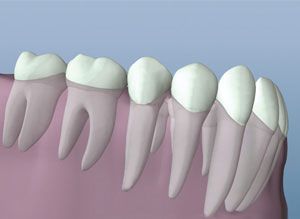
Healthy Tooth
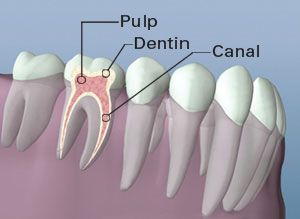
Tooth Anatomy
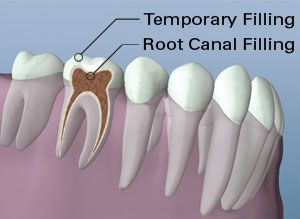
Inflammation
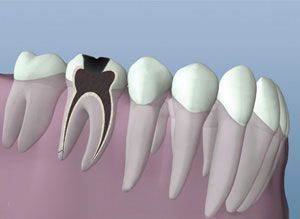
Cleaned Canals

Filling Placed
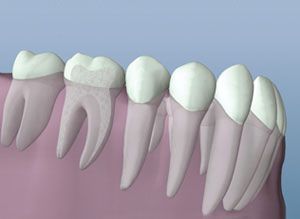
Healed Tooth
What Happens After Treatment?
Once your root canal therapy is completed, a record of your treatment will be sent to your restorative dentist. You should schedule a follow-up appointment within a few weeks to determine the necessary restoration for your tooth’s protection.
Most endodontic patients do not experience complications following routine treatment or microsurgery. However, if a problem arises, our office is available to assist. To prevent further decay, maintaining good dental hygiene is essential.
How Much Will It Cost?
The cost of a root canal varies based on factors such as the severity of tooth damage and the location of the affected tooth. In general, endodontic treatment is significantly less expensive than extracting and replacing a tooth with an artificial alternative.

